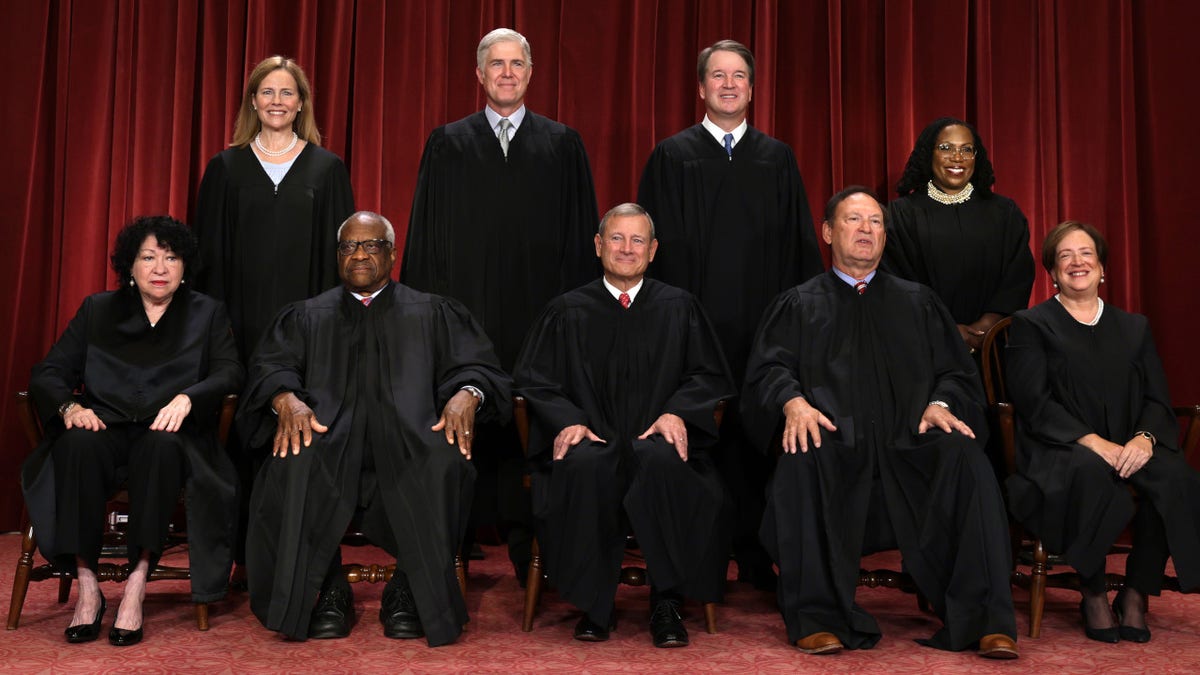Fox News Flash top headlines for July 12
Fox News Flash top headlines are here. Check out what's clicking on Foxnews.com.
Rep. Sheila Jackson Lee, D-Texas, said Tuesday that she is the "clear recipient" of affirmative action as she took aim at the Supreme Court from the House floor over its "wrongheaded" ruling to reject the use of race as a factor in college admissions.
Working alongside her colleagues in the Congressional Black Caucus, Lee said she will "proceed to analyze the very wrongheaded decision that was made by the United States Supreme Court on the question of affirmative action."
"I rise today as a clear recipient of affirmative action, particularly in higher education," she added. "I may have been admitted on affirmative action, both in terms of being a woman and a woman of color, but I can declare that I did not graduate on affirmative action. This is my personal story."

Rep. Sheila Jackson Lee, D-Texas, said Tuesday that she is the "clear recipient" of affirmative action, two weeks after the Supreme Court's ruling. (Marcus Ingram/Getty Images)
Lee's comments came two weeks after the high court ruled that the use of race as a factor in college admissions is a violation of the 14th Amendment's equal protection clause.
In a 6-3 decision, Chief Justice John Roberts wrote in the majority opinion that, "A benefit to a student who overcame racial discrimination, for example, must be tied to that student’s courage and determination."
"Or a benefit to a student whose heritage or culture motivated him or her to assume a leadership role or attain a particular goal must be tied to that student’s unique ability to contribute to the university. In other words, the student must be treated based on his or her experiences as an individual—not on the basis of race," the opinion reads.
"Many universities have for too long done just the opposite. And in doing so, they have concluded, wrongly, that the touchstone of an individual’s identity is not challenges bested, skills built, or lessons learned but the color of their skin. Our constitutional history does not tolerate that choice," the opinion states.

Members of the Supreme Court pose for their official portrait at the East Conference Room of the Supreme Court building on October 7, 2022, in Washington, DC. (Alex Wong/Getty Images)
Justice Roberts was joined by Justices Clarence Thomas, Samuel Alito, Neil Gorsuch, Brett Kavanaugh and Amy Coney Barrett.
CLICK HERE TO GET THE FOX NEWS APP
Justice Sonia Sotomayor wrote the main dissent, joined by Justices Elena Kagan and in part by Justice Ketanji Brown Jackson, who recused herself from the Harvard case due to her previous role on Harvard's Board of Overseers.
Fox News' Anders Hagstrom, Brianna Herlihy, and Bill Mears contributed to this report.














































